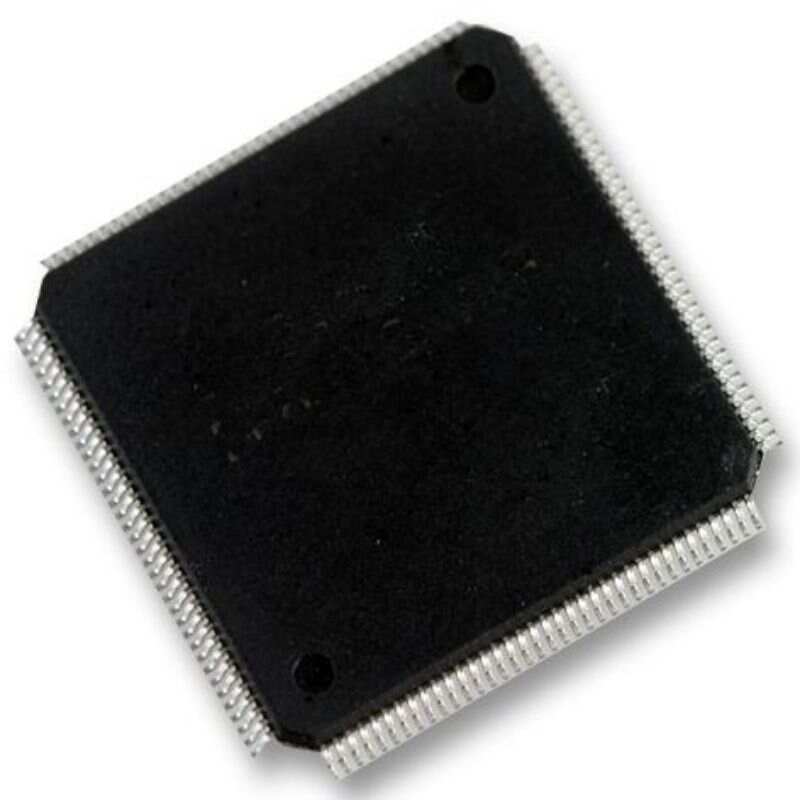Email format error
Email cannot be empty
Email already exists
6-20 characters(letters plus numbers only)
The password is inconsistent
Please enter the email address you’d like your password reset information sent to.
Email format error
Email cannot be empty
Email does not exist
Reset account password
For the account
6-20 characters(letters plus numbers only)
The password is inconsistent
Reset success
Your password was reset. You can log in using your new password.
Login


How to Choose the Right MCU for Your Project: A Comprehensive Guide
2023-10-13 17:44:19
Microcontrollers (MCUs) are the cornerstone of modern electronics, powering an array of devices from smart home appliances to industrial machines. However, selecting the right MCU for your project can be a daunting task, given the vast variety of options available. In this comprehensive guide, we will walk you through the essential factors to consider when choosing an MCU, ensuring it aligns seamlessly with your project requirements.


1. Define Your Project Requirements
Start by clearly defining your project's specifications and objectives. Understand the nature of the application, the required processing power, memory size, input/output requirements, and the expected power consumption. A thorough understanding of your project's needs will guide you towards the appropriate MCU.
Start by clearly defining your project's specifications and objectives. Understand the nature of the application, the required processing power, memory size, input/output requirements, and the expected power consumption. A thorough understanding of your project's needs will guide you towards the appropriate MCU.
2. Evaluate Processing Power and Speed
The processing power of an MCU is critical, as it directly impacts the speed and efficiency of your application. Consider the speed of the Central Processing Unit (CPU), the number of cores, and the overall performance capabilities required for your project to run optimally.
The processing power of an MCU is critical, as it directly impacts the speed and efficiency of your application. Consider the speed of the Central Processing Unit (CPU), the number of cores, and the overall performance capabilities required for your project to run optimally.
3. Analyze Memory Requirements
Memory is divided into two main types: Flash memory for program storage and RAM for temporary data storage. Assess the memory requirements of your project to ensure it can accommodate the program code and handle data efficiently during runtime.
Memory is divided into two main types: Flash memory for program storage and RAM for temporary data storage. Assess the memory requirements of your project to ensure it can accommodate the program code and handle data efficiently during runtime.
4. Consider Power Consumption
Power efficiency is crucial, especially for projects that run on batteries or have power constraints. Evaluate the power consumption specifications of the MCU, considering both active and standby modes. Opt for MCUs that provide efficient power management features to prolong battery life.
Power efficiency is crucial, especially for projects that run on batteries or have power constraints. Evaluate the power consumption specifications of the MCU, considering both active and standby modes. Opt for MCUs that provide efficient power management features to prolong battery life.
5. Examine Peripherals and Interfaces
Different projects require varying types and quantities of peripherals and interfaces. Assess the requirements for input/output ports, communication interfaces (e.g., UART, SPI, I2C), analog-to-digital converters, and other components crucial for your project's functionality.
Different projects require varying types and quantities of peripherals and interfaces. Assess the requirements for input/output ports, communication interfaces (e.g., UART, SPI, I2C), analog-to-digital converters, and other components crucial for your project's functionality.
6. Review Development Ecosystem and Support
Consider the availability and robustness of the MCU's development tools, libraries, and community support. A well-established development ecosystem can significantly ease the development process and provide resources for troubleshooting and optimizing your application.
Consider the availability and robustness of the MCU's development tools, libraries, and community support. A well-established development ecosystem can significantly ease the development process and provide resources for troubleshooting and optimizing your application.
7. Factor in Cost and Long-Term Availability
While striving for the best features, consider the cost of the MCU and its long-term availability. Ensure that the chosen MCU fits within your budget and is supported by the manufacturer for an extended period, preventing potential supply chain issues.
While striving for the best features, consider the cost of the MCU and its long-term availability. Ensure that the chosen MCU fits within your budget and is supported by the manufacturer for an extended period, preventing potential supply chain issues.
Conclusion
Choosing the right MCU for your project is a crucial step in ensuring its success. Understanding your project requirements, assessing processing power, memory, power consumption, peripherals, development support, and cost are vital aspects to consider. By carefully evaluating these factors, you can select an MCU that aligns perfectly with your project's needs.
Choosing the right MCU for your project is a crucial step in ensuring its success. Understanding your project requirements, assessing processing power, memory, power consumption, peripherals, development support, and cost are vital aspects to consider. By carefully evaluating these factors, you can select an MCU that aligns perfectly with your project's needs.
As an MCU manufacturer, we understand the significance of choosing the right MCU for your projects. Our wide range of high-quality MCUs offers a variety of options to suit different applications. We pride ourselves on providing exceptional support and guidance to help you choose the perfect MCU that aligns with your project requirements. Contact us today to explore our MCU offerings and elevate your projects to the next level.
Prev Post
Next Post
Contact us

